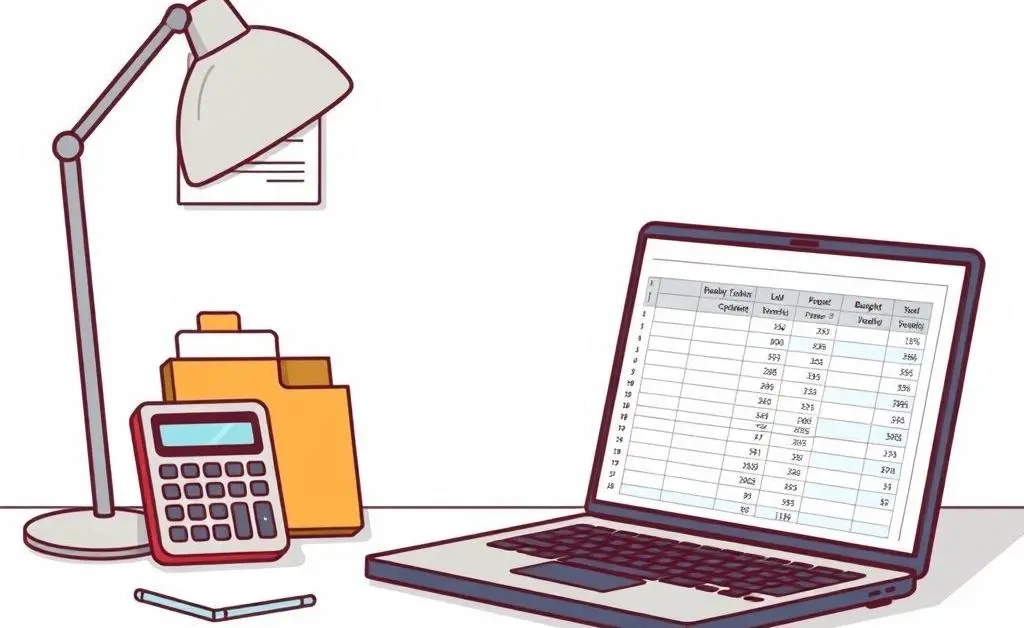Achieving Financial Peace: Your Guide to Stress-Free Money Management
Discover simple steps to manage your finances with ease and confidence.

Have you ever felt overwhelmed by managing your personal finances? You're not alone. Many of us have been there, staring at a seemingly unsolvable puzzle, feeling helpless. But, just like finishing a jigsaw with patience and strategy, achieving financial peace is within reach. Let's explore some ways to make this journey simpler and calmer.
Getting Started with Financial Planning
Picture this: a tidy desk, warm cup of tea in your hands, and a straightforward planner waiting for you. Shortly after, you’re entering your monthly expenses and income with ease. A great starting point is understanding where your money goes. Tracking your expenditures might sound tedious, but it’s eye-opening.

Start by jotting down all your fixed monthly expenses like rent, utilities, and subscriptions. Then, list your variable expenses — the ones that fluctuate, like groceries and entertainment. This simple step paves the way for better financial awareness.
Creating a Realistic Budget
Armed with a better understanding of your spending habits, it's time to craft a budget that aligns with your lifestyle. Think of a budget as a flexible guide rather than a rigid rulebook. Allocate portions of your income to essentials and set aside some for savings and emergencies.
Remember, it's about balance. If it’s realistic and accommodating, you’re more likely to stick to it. A helpful tool can be a budgeting app, which allows you to track expenses on-the-go.
Investing with Confidence
Once budgeting feels manageable, it might be time to explore investing. Yes, this might sound intimidating, but it doesn’t have to be complicated.
Start with small amounts and educate yourself through reputable sources or books. Understanding risk tolerance and considering long-term goals helps in navigating final decisions. As you learn more, gradually adjust your strategy.

Building an Emergency Fund
It's comforting to have a financial safety net. An emergency fund acts like a buffer against unexpected expenditures, providing peace of mind. Aim for about three to six months’ worth of living expenses. Save a little at a time, and watch it grow.
Embracing Financial Health
Just like our physical health, financial health involves ongoing care. Periodically review your plans, celebrate milestones, and make adjustments as life changes.

Ultimately, the path to financial peace is deeply personal. Whether you’re starting from scratch or refining existing plans, the key is persistence and adaptability. With each step, you’re building a more secure foundation for your future.
So grab a cup of tea, take a deep breath, and remember: this journey is yours, and there’s no rush to the finish line.




